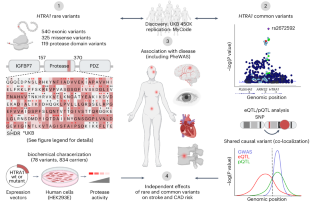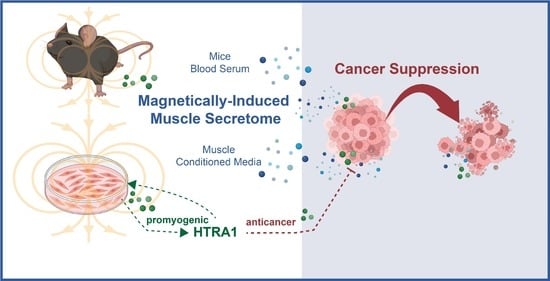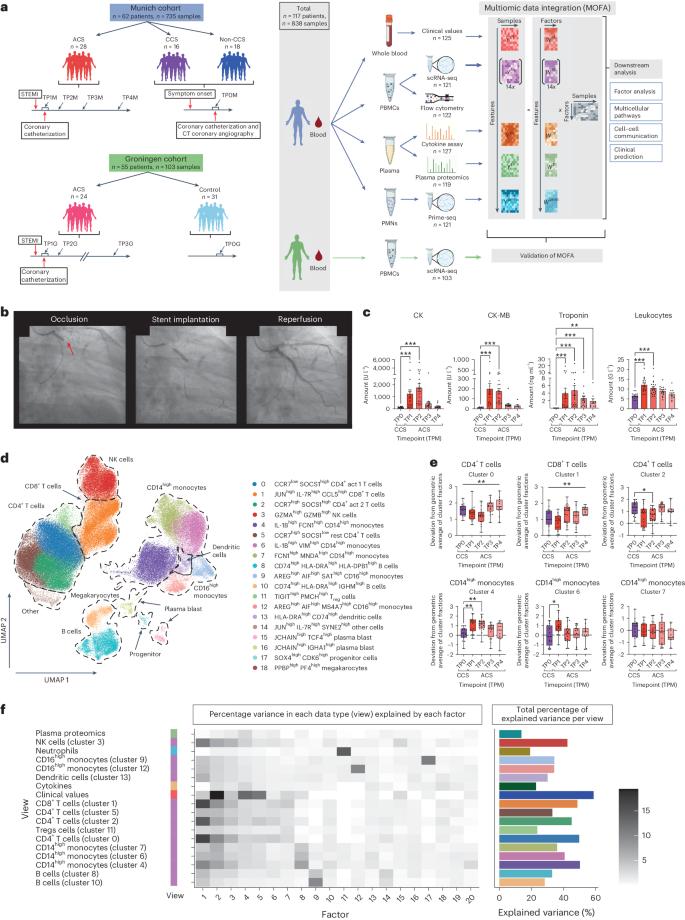2024-05-21 ミュンヘン大学(LMU)
<関連情報>
- https://www.lmu.de/en/newsroom/news-overview/news/stroke-genetics-independent-htra1-mechanisms-increase-risk.html
- https://www.nature.com/articles/s44161-024-00475-3
遺伝学的に推定されたHTRA1プロテアーゼ活性と循環レベルは、虚血性脳卒中と冠動脈疾患のリスクを独立に予測する Genetically proxied HTRA1 protease activity and circulating levels independently predict risk of ischemic stroke and coronary artery disease
Rainer Malik,Nathalie Beaufort,Jiang Li,Koki Tanaka,Marios K. Georgakis,Yunye He,Masaru Koido,Chikashi Terao,BioBank Japan,Christopher D. Anderson,Yoichiro Kamatani,Ramin Zand & Martin Dichgans
Nature Cardiovascular Research Published:20 May 2024
DOI:https://doi.org/10.1038/s44161-024-00475-3

Abstract
Genetic variants in HTRA1 are associated with stroke risk. However, the mechanisms mediating this remain largely unknown, as does the full spectrum of phenotypes associated with genetic variation in HTRA1. Here we show that rare HTRA1 variants are linked to ischemic stroke in the UK Biobank and BioBank Japan. Integrating data from biochemical experiments, we next show that variants causing loss of protease function associated with ischemic stroke, coronary artery disease and skeletal traits in the UK Biobank and MyCode cohorts. Moreover, a common variant modulating circulating HTRA1 mRNA and protein levels enhances the risk of ischemic stroke and coronary artery disease while lowering the risk of migraine and macular dystrophy in genome-wide association study, UK Biobank, MyCode and BioBank Japan data. We found no interaction between proxied HTRA1 activity and levels. Our findings demonstrate the role of HTRA1 for cardiovascular diseases and identify two mechanisms as potential targets for therapeutic interventions.


